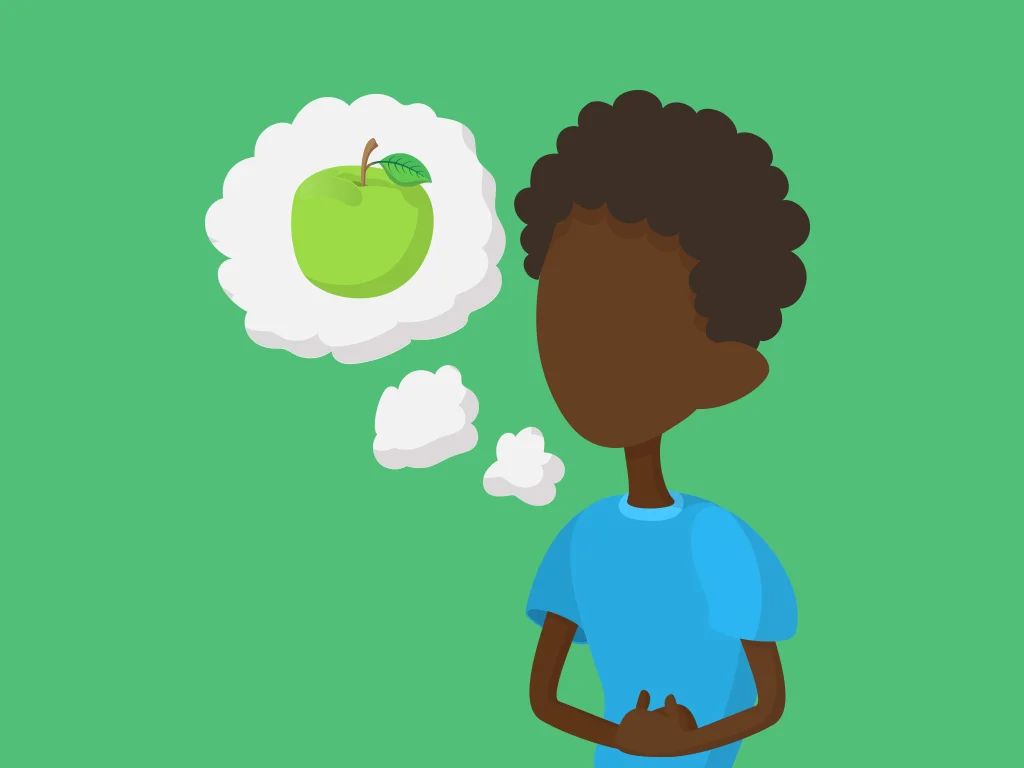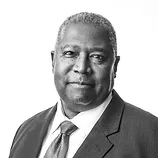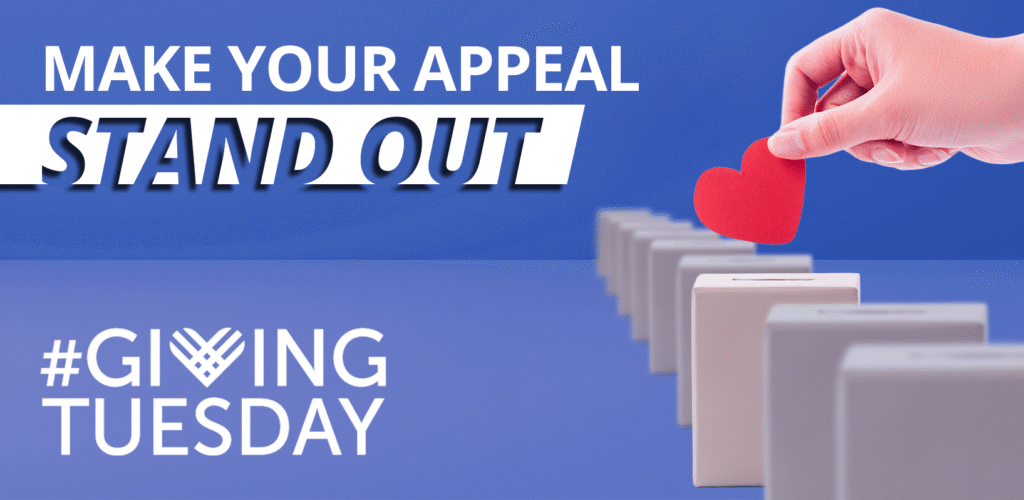Ceisler Special Projects Director Larry Miller lauds a Cheyney U program giving food, supplies—and hope—to disadvantaged students.

When I look at children, I’m always acutely aware that I’m staring at the future.
I have three daughters, one biological and two connected by marriage, as well as three grandchildren. And let’s include my two sons-in-law into the mix.
Five millennials, a teenager, a five-year-old and a soon-to-be four-year-old.
I ask myself, have we done enough to raise the youngest to be adults of good character who will make ethical and moral decisions? I believe so.
I’m also always aware of how much I have to be thankful for. The adults in my family have good jobs and stable homes. Research has shown over and over how critical the stable home environment is, not just in molding responsible adults, but in the academic success of school-age children and college students.
Recently, I had an eye-opening discussion with Rosalyn Henderson, MHS, a Cheyney University alum and program director of the TRiO-SSS Scholars Program at Cheyney University. TRiO-SSS is a federally funded program offering students an additional layer of assistance for academic support and personal development.
Cheyney University is a client of Ceisler Media and Issue Advocacy, and its teachers, staff members and administrators are dedicated to their students’ academic success and emotional well-being.
Before my discussion with Henderson, I was unaware of how many college students come from marginalized backgrounds and need more resources and support than others.
“Over the years we noticed students coming into our offices on a regular basis who were hungry,” said Henderson. “Normally we keep snacks and drinks and the number of students wanting those never decreased. But we also saw they needed other things, like personal hygiene items, so in 2019 we began looking at the data.”
A Feb. 2020 report in the New York Times was revealing. Quoting a research study produced by The Hope Center, the report stated, “Homelessness among American college students has become an increasingly visible problem, with those who attend community colleges hit the hardest.”

“What we learned from talking with our students was that you can have a meal plan and still be hungry,” said Henderson. “So in 2019, we created a food pantry that included fresh vegetables and fruits. We also found out that a number of our female students didn’t have the personal feminine products they needed. That means young women might not be able to attend school or go to work.”
TRiO Student Support Services (SSS) is a federally funded program providing academic assistance to up to 144 eligible undergraduate students at Cheyney. The goal is to help low-income and first-generation college students and students with disabilities earn their bachelor’s degree.
In addition, TRiO STEM is a comprehensive program providing academic and personal development support to another 140 undergraduate students studying science, technology, engineering or math.
The dual programs were funded for five years and were just awarded funding for another five years.
I’m mentioning the Cheyney programs to say this: One night about 15 years ago I was on my way home and passed a pizza parlor. A young man standing outside asked me to help him get something to eat. I was in a bad mood and refused. I often think about that with regret. Would it have cost me anything – besides a few dollars – to go into that store and buy him a steak sandwich and some fries?
Since the pandemic began, more people, organizations and corporations are working together to alleviate the problems of food insecurity and homelessness. That need is especially acute for our young people, who may not know where to begin looking for resources available to them.
That still applies to those in college. We have to remember, after all, they are still just kids.

Larry Miller is a Special Projects Manager in Ceisler Media’s Philadelphia Office.



